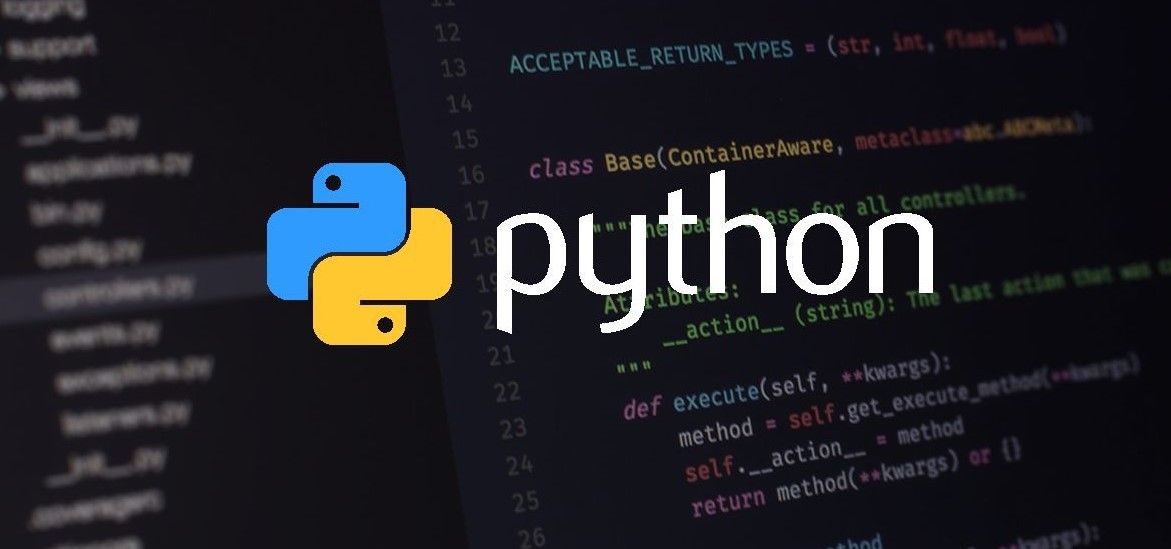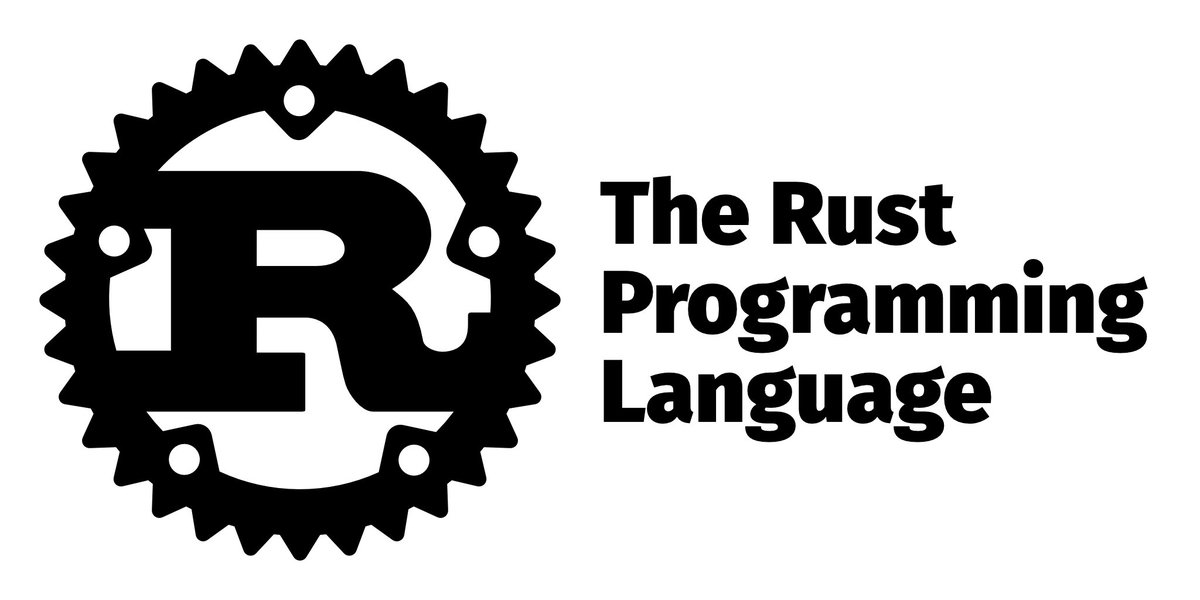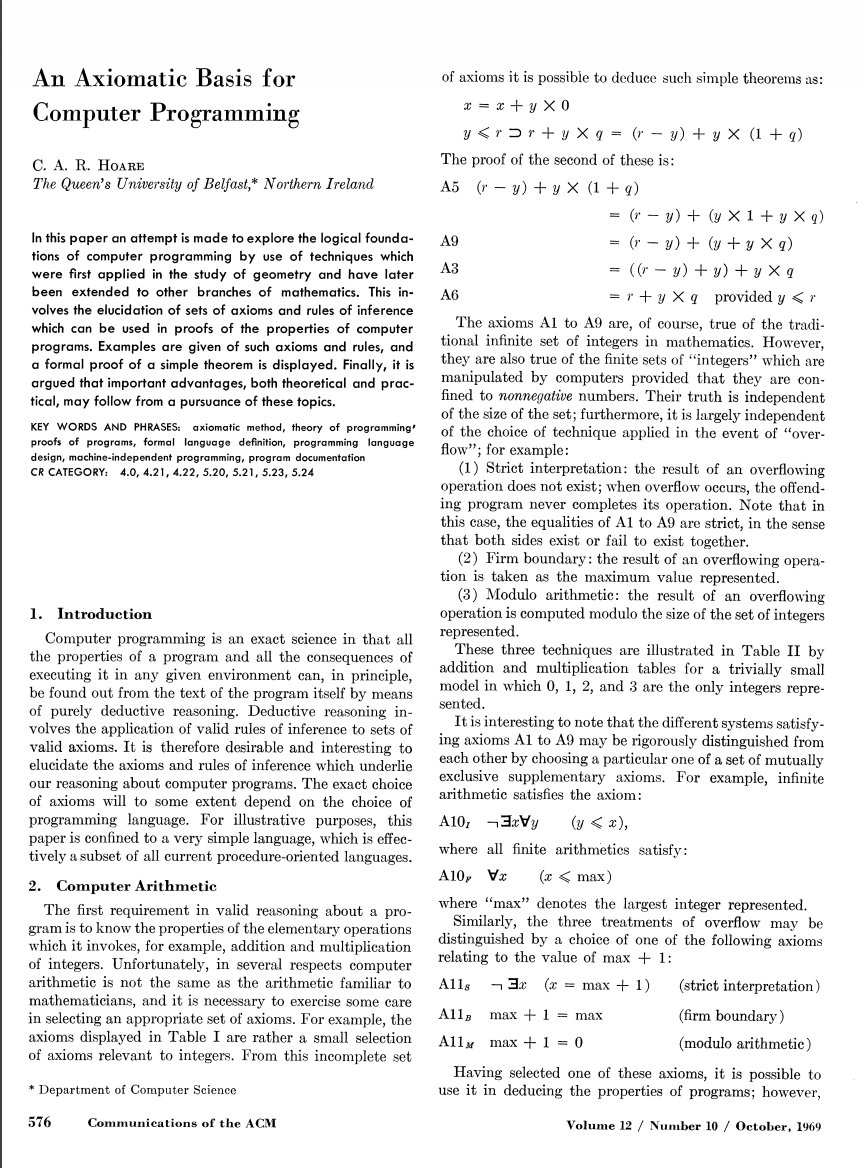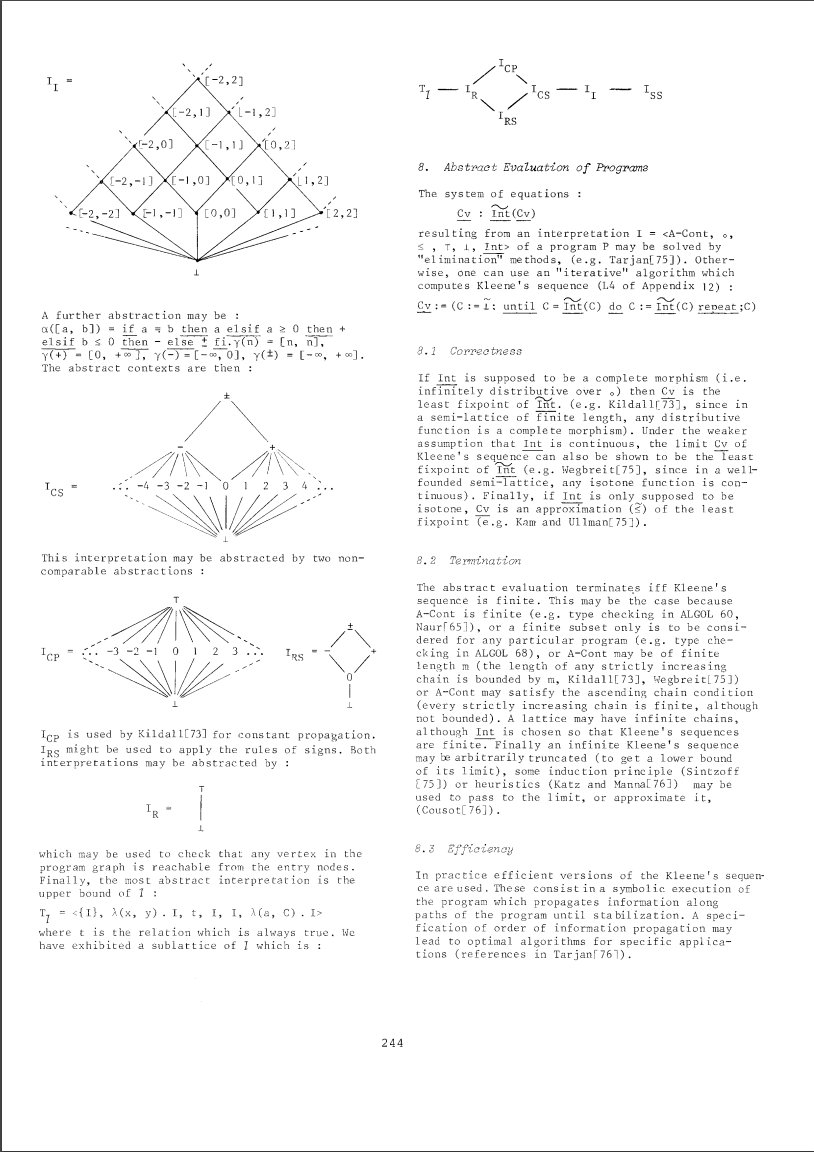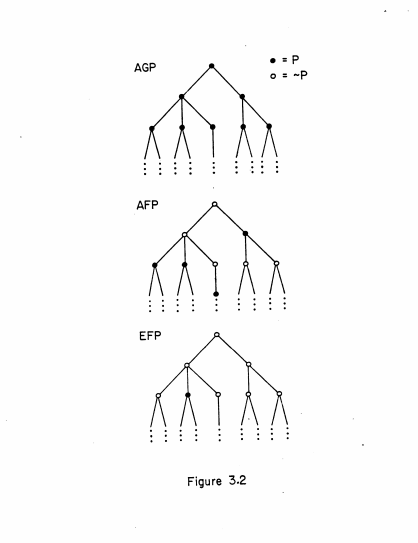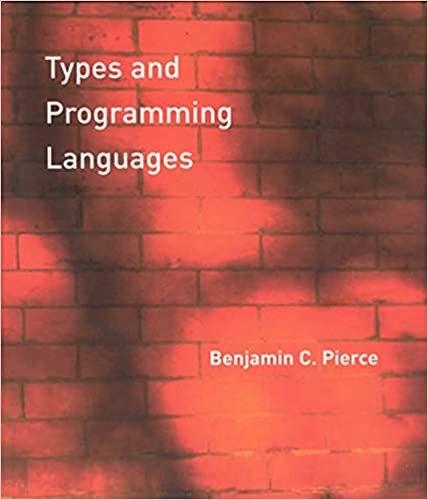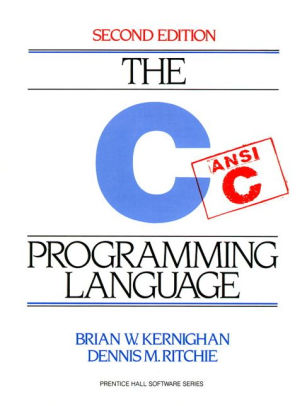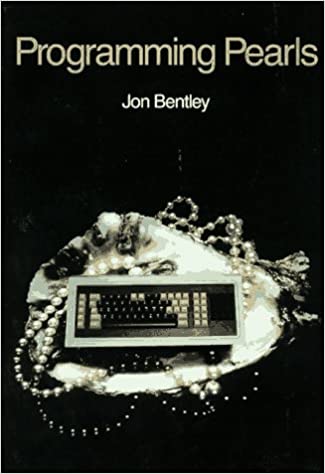
Thought about this Tweet a lot today. Yes, I agree that Parler will come back, but I have yet to see people talking about just how powerful it is that the major players in the build-yourself-an-app starter kit have decided not to support Parler.
A small thread. 👇
A small thread. 👇
https://twitter.com/EthanZ/status/1348698052450775041
Back in "the day", you had to run your own servers and build most of your app by hand. You needed a small army of technical talent to scale your site, and even then it was still slow going.
Today, you can build and scale an app like Parler user mostly off-the-shelf components.
Today, you can build and scale an app like Parler user mostly off-the-shelf components.
By denying Parler their services, companies like AWS and Twilio have deplatformed the platform.
It will now take an app like Parler years, if ever, to support the kind of viral adoption it has been seeing.
Second-order deplatforming is a MUCH more powerful tool.
It will now take an app like Parler years, if ever, to support the kind of viral adoption it has been seeing.
Second-order deplatforming is a MUCH more powerful tool.
I'm not an expert on social networks and virality, but as an expert on developer tooling, I believe people should be talking A LOT more about how easy it has become to build social networks that themselves go viral, and how these tools are often proprietary.
• • •
Missing some Tweet in this thread? You can try to
force a refresh

